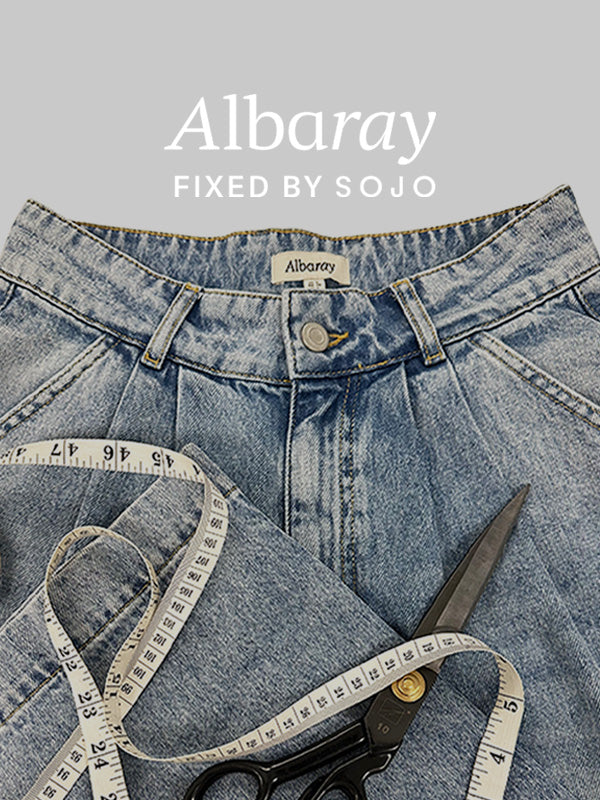The ever-so-versatile jersey top – a foundational piece behind every timeless wardrobe. Wear alone or mix-and-match; our organic cotton tops will be your mainstay items, season after season.
We visited our premium cotton supplier in Greece to find out how some of our bestselling jersey tops are made. Watch the story behind our sustainable cotton below and read on to find out more about the processes.
What is Sustainable Greek Cotton?
Sustainable Greek cotton is a type of cotton that is grown and produced in Greece using sustainable practices that prioritise environmental and social responsibility. The process behind sustainable Greek cotton involves several key steps:
1. Selecting sustainable cotton seeds: The first step in producing sustainable Greek cotton is to select seeds that are certified organic or non-GMO. These seeds are grown without the use of synthetic pesticides or fertilisers, which reduces the impact on the environment and human health.
2. Sustainable farming practices: Once the cotton seeds are planted, farmers use sustainable farming practices that minimise the use of water and energy, reduce waste, and promote biodiversity. These practices include crop rotation, intercropping, and using natural pest management techniques.
3. Harvesting: When the cotton is ready to be harvested, it is picked by hand or with machinery that is designed to minimise damage to the cotton fibres. This ensures that the cotton is of high quality and can be used for a variety of clothing or products.
4. Processing: After the cotton is harvested, it is processed using environmentally friendly techniques that minimise the use of water and energy. This includes cleaning, carding, spinning, and weaving the cotton fibres into fabric.
5. Certification: Finally, the sustainable Greek cotton is certified by organisations such as the Global Organic Textile Standard (GOTS) or the Better Cotton Initiative (BCI). These certifications ensure that the cotton meets strict environmental and social standards, including fair labour practices and safe working conditions.

Overall, the process behind sustainable Greek cotton involves a commitment to sustainable farming practices, responsible production methods, and ethical labour standards. By prioritising sustainability and social responsibility, the producers of sustainable Greek cotton are helping to protect the environment and promote a more equitable global economy.












